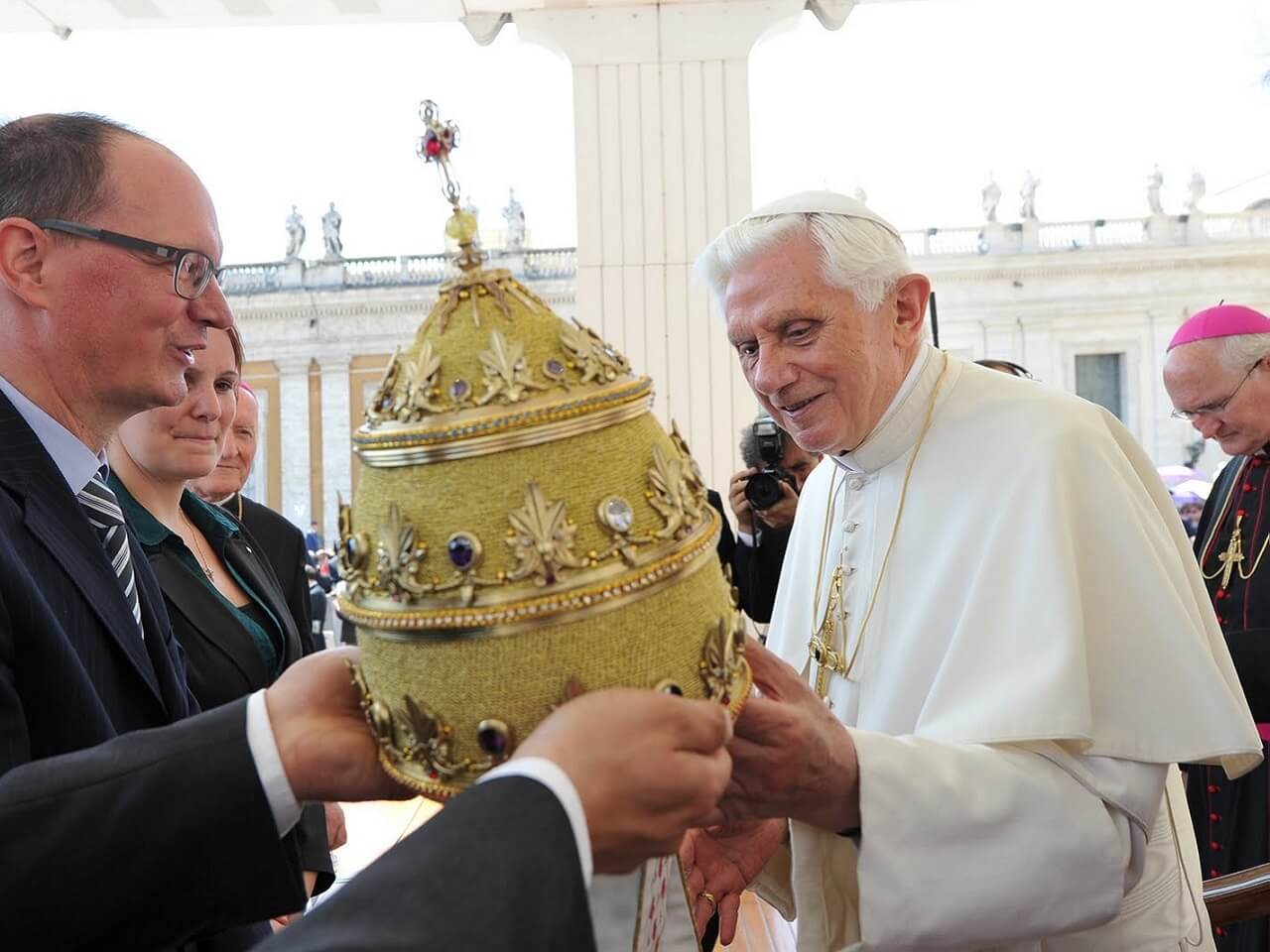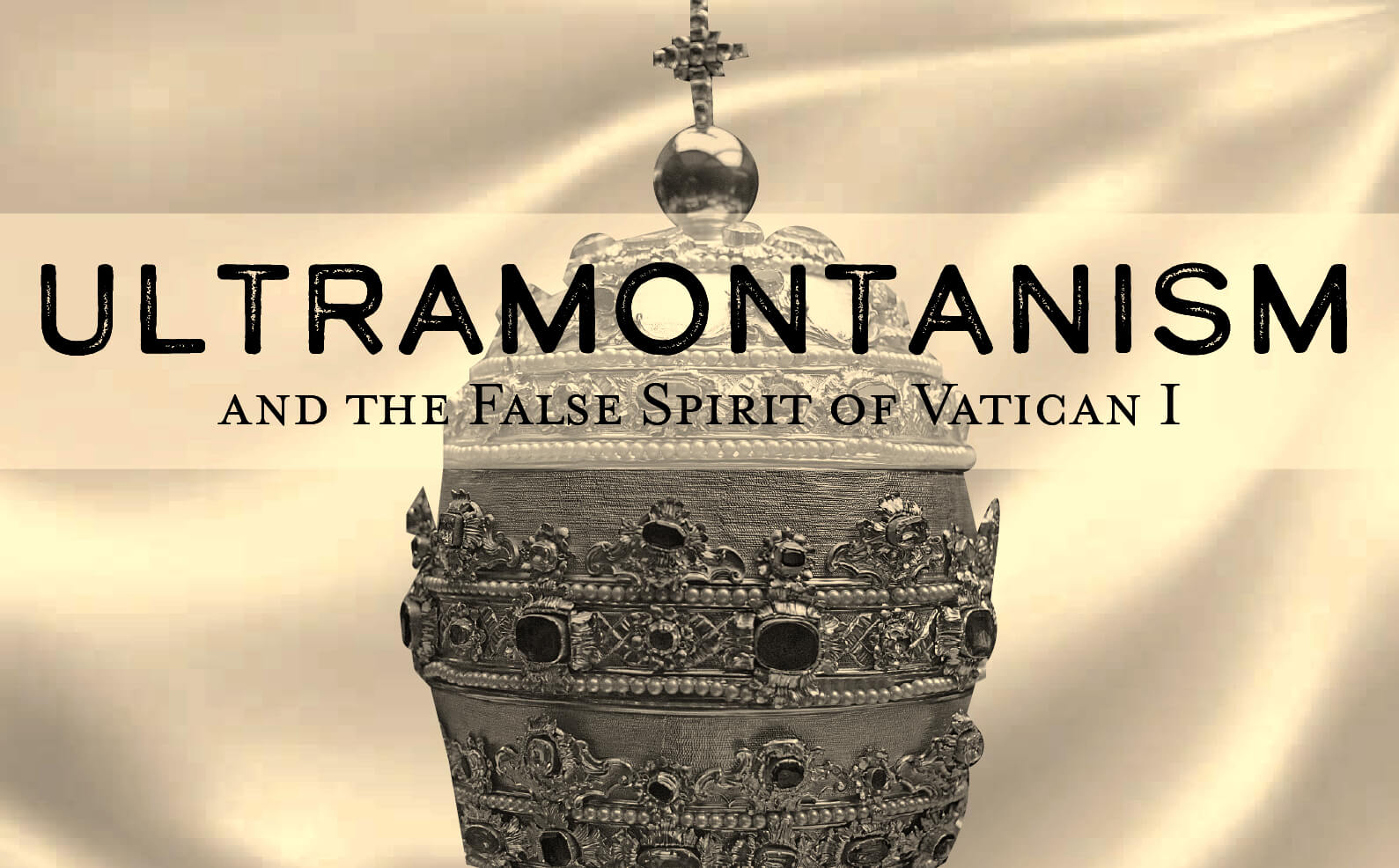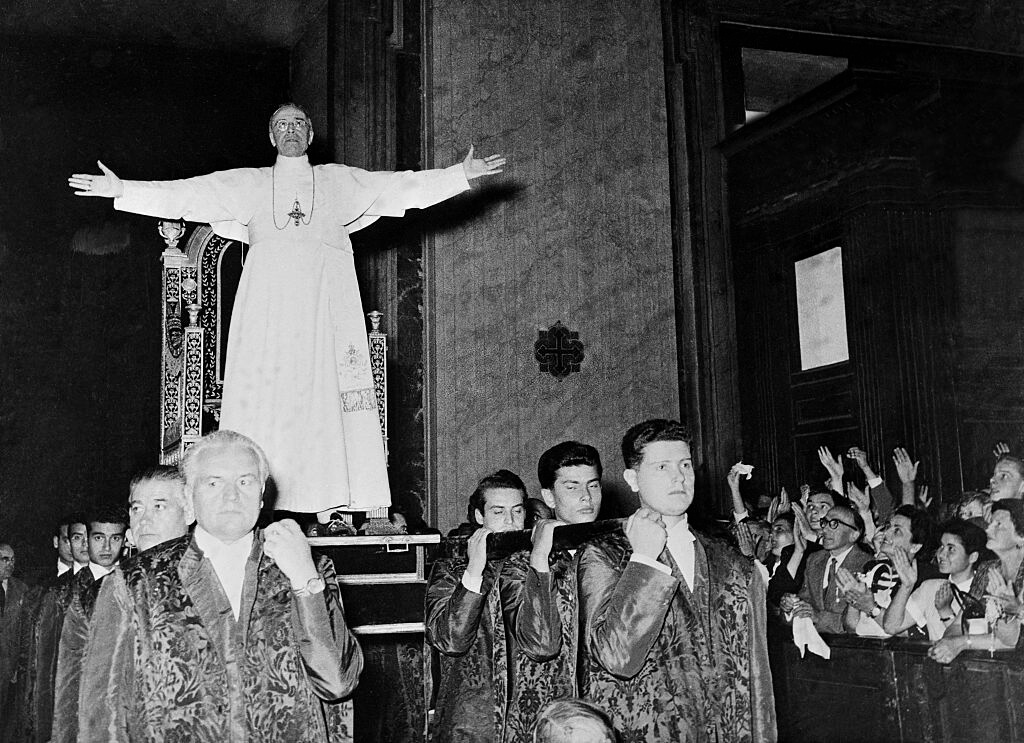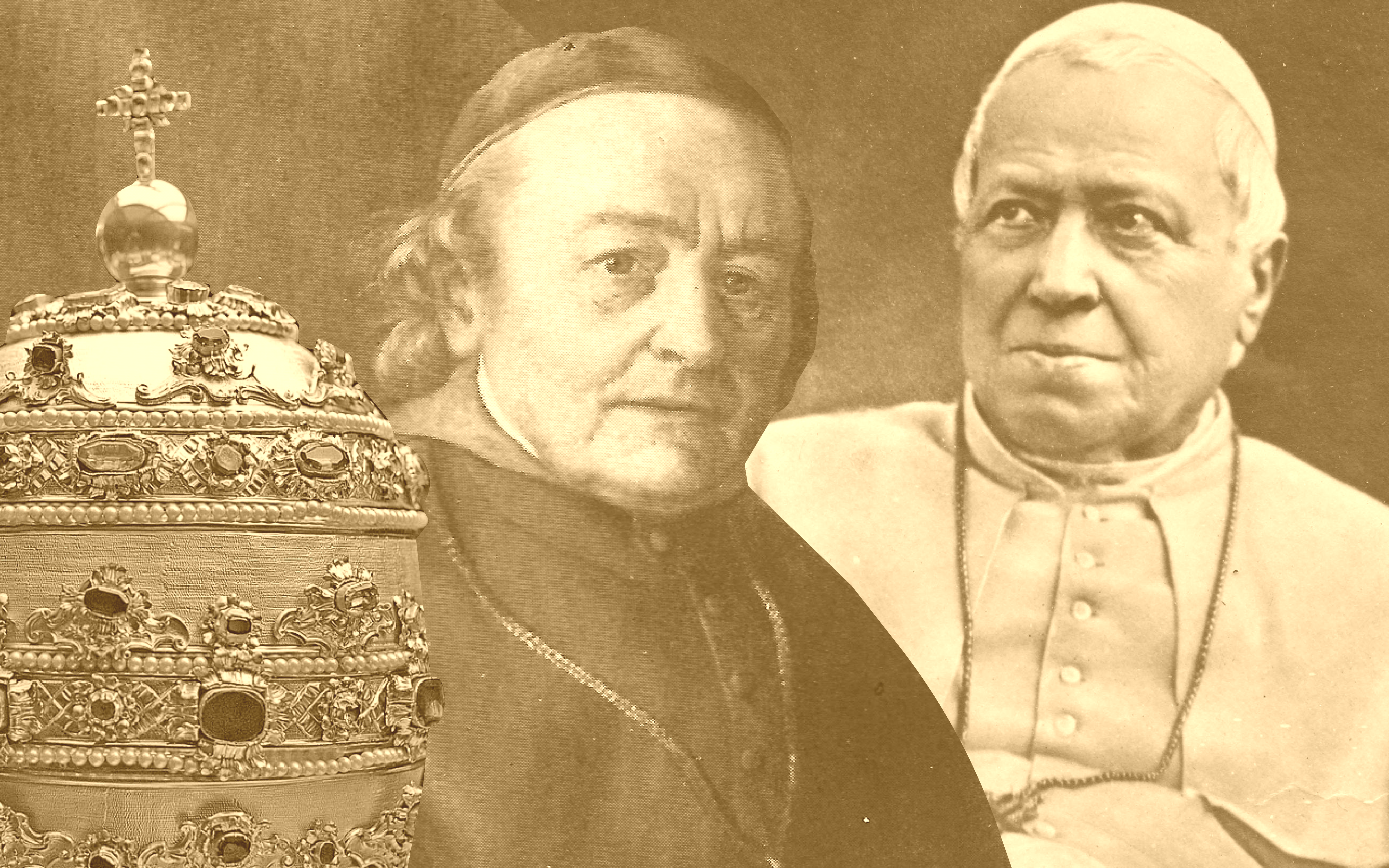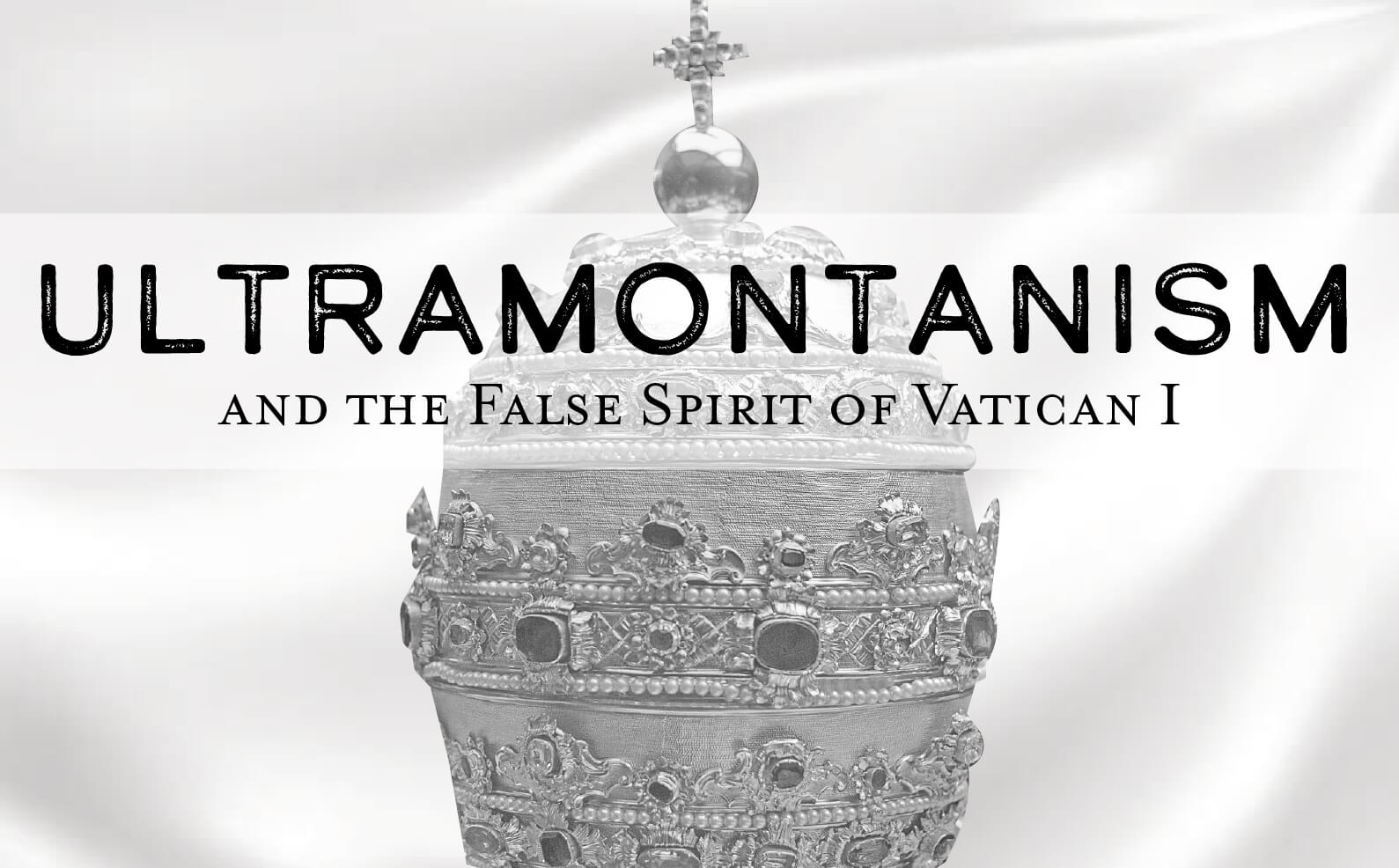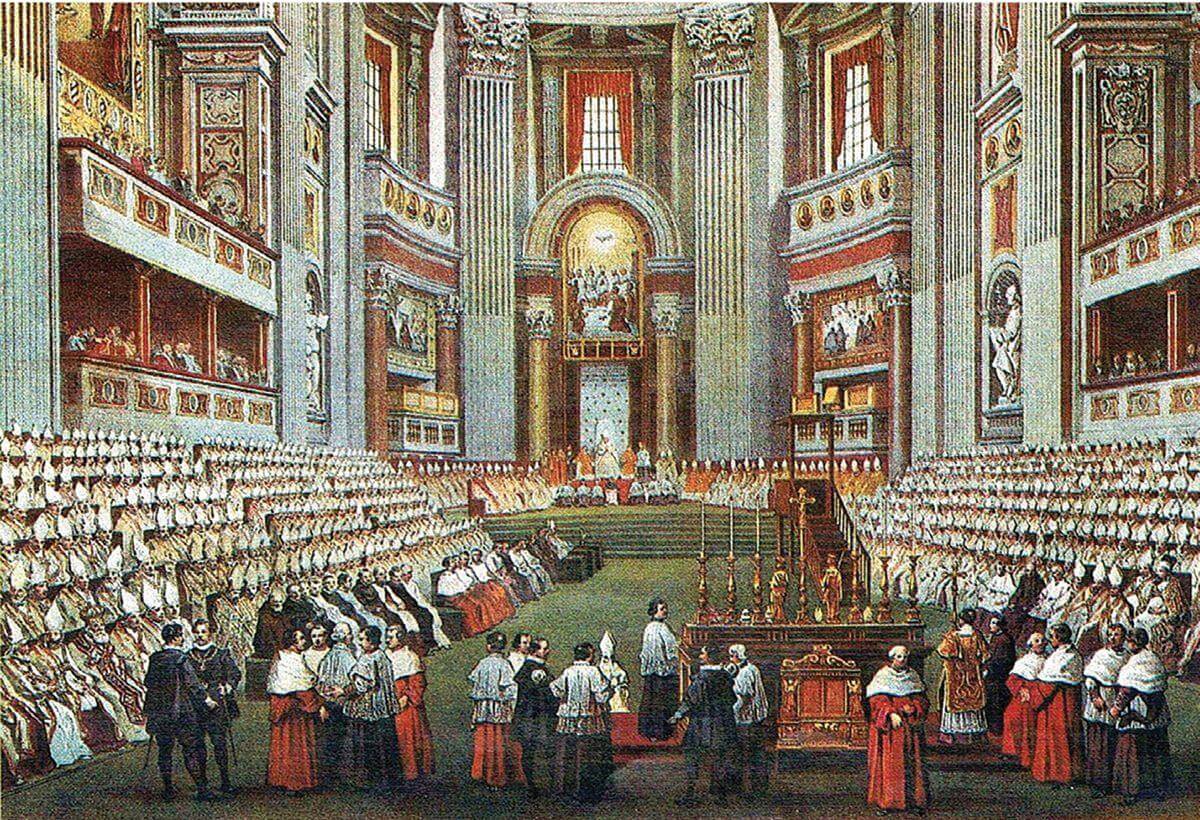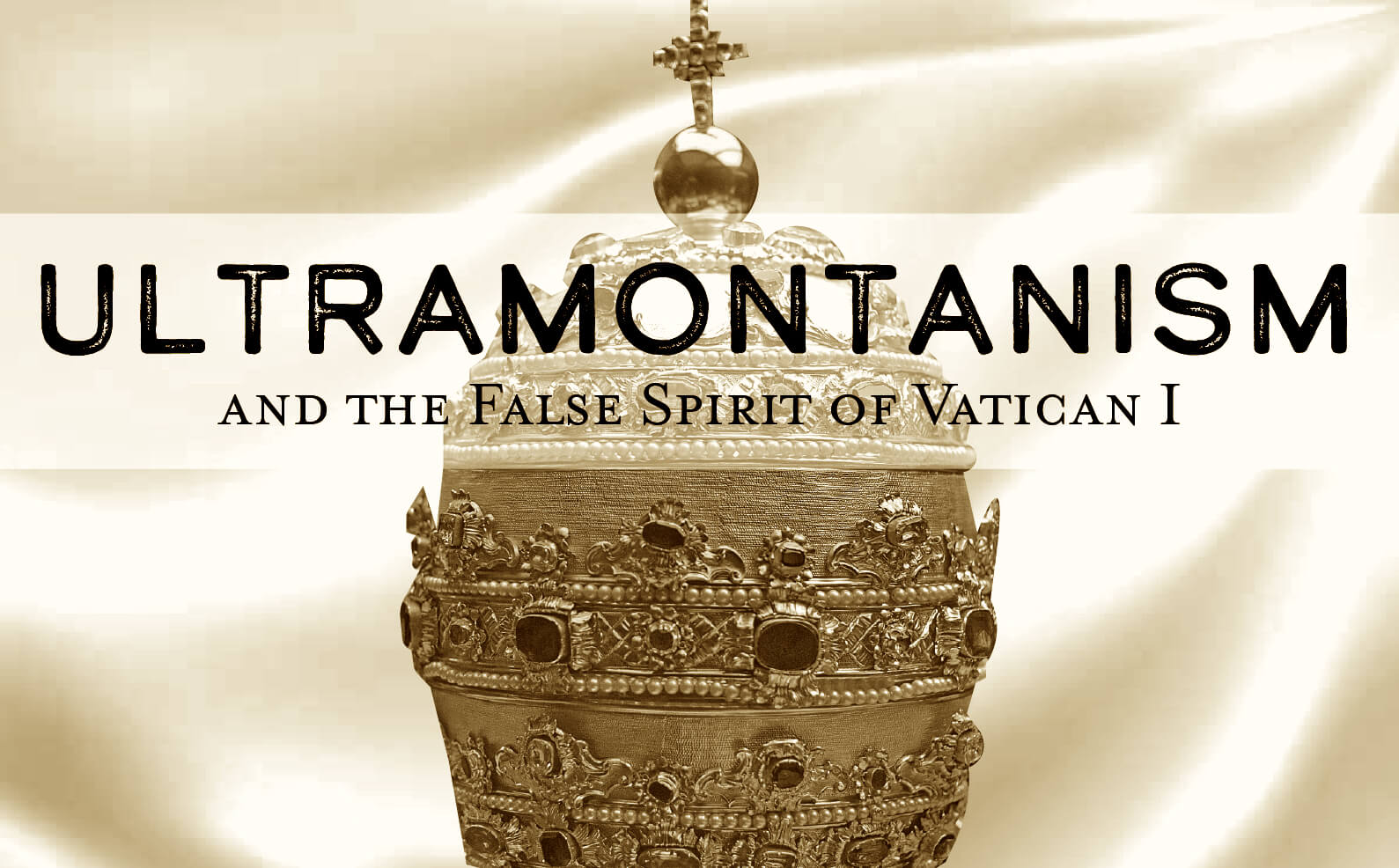Hyperpapalism and the Body Politic
We are at very curious time in ecclesiastical history. On the one hand, the shaky ecclesiology of the Orthodox Churches, already shaken further when Constantinople and Moscow excommunicated each other over the status of Ukrainian Orthodoxy, has received another blow when the section of the latter body that had given its allegiance to Moscow broke…

